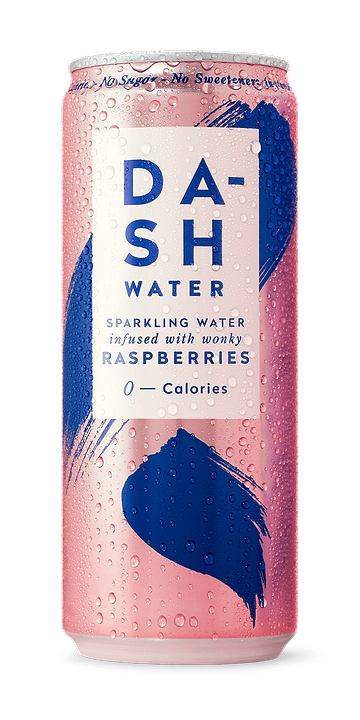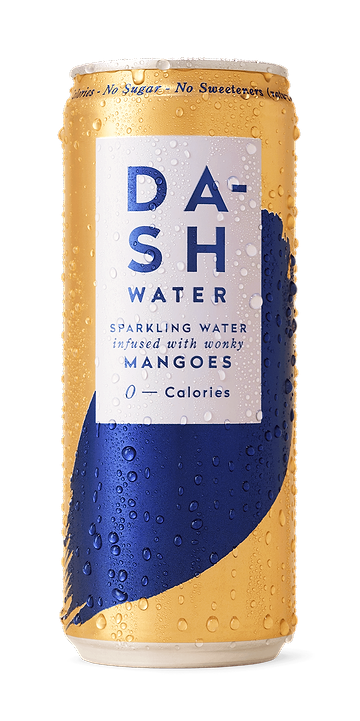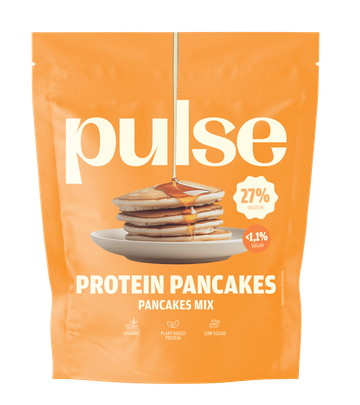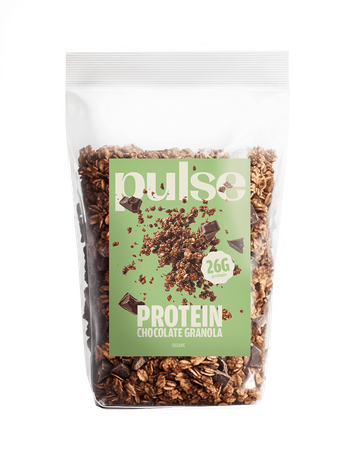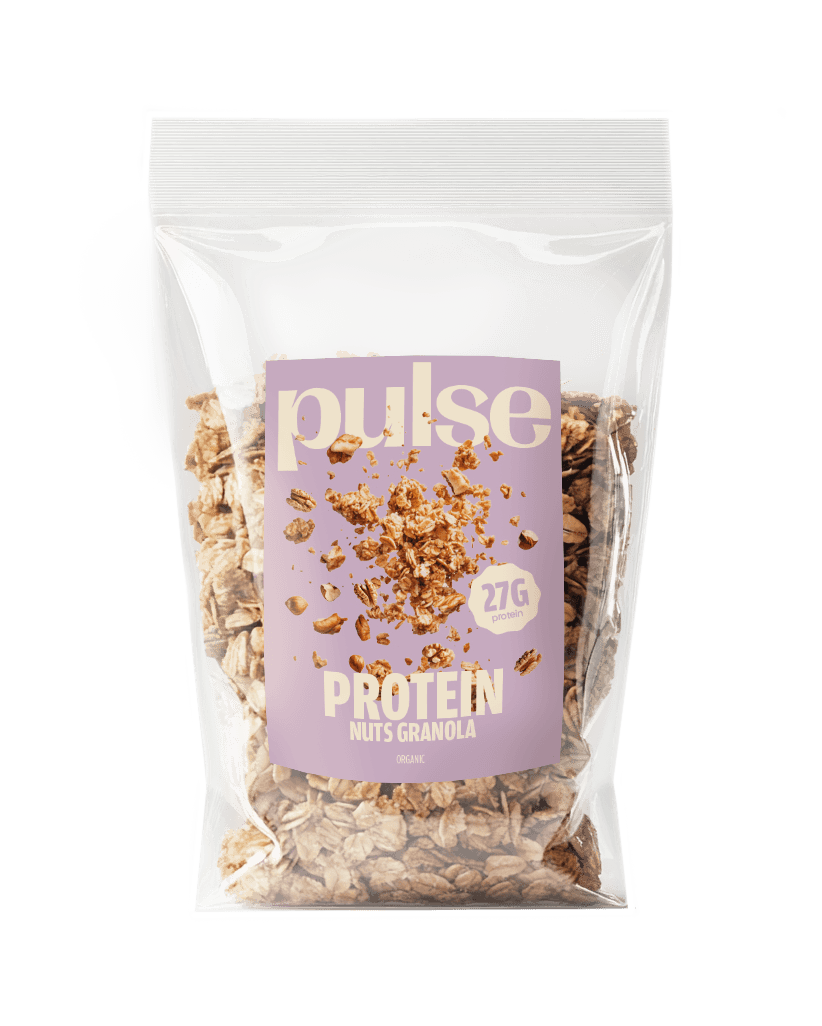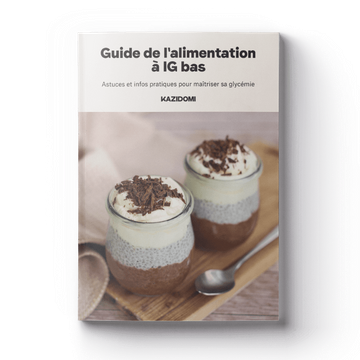Blood sugar is the sugar level in your blood. Maintaining a good glycemic balance is essential for having energy, avoiding cravings, and preventing health issues like diabetes or chronic fatigue. But how can you know if your blood sugar is well-regulated? Take our test to find out!
Why is blood sugar important?
Blood sugar fluctuates throughout the day depending on what you eat. When consuming foods rich in simple sugars, blood sugar levels spike, causing the pancreas to produce insulin to regulate it. If these spikes and drops happen too frequently, they can cause fatigue, cravings, difficulty losing weight, and even long-term risks like type 2 diabetes.
A good glycemic balance is crucial for your body's cells, which use glucose as an energy source. Poor regulation can lead to hypoglycemia or hyperglycemia, increasing the risk of medical complications.
Many health issues are worsened by unbalanced blood sugar levels, such as premature skin aging, PCOS, and other hormonal imbalances.
Take the Test: Is Your Blood Sugar Stable?
Answer the questions below and note your answers. The results are at the end.
-
Do you often have cravings between meals?
- a) No, never or rarely.
- b) Sometimes, at the end of the day.
- c) Yes, several times a day.
-
Do you feel tired after eating?
- a) No, never.
- b) Sometimes.
- c) Yes, often.
-
Do you experience energy slumps in the middle of the day?
- a) No, I’m generally stable.
- b) Occasionally.
- c) Yes, almost every day.
-
How do you manage your hunger?
- a) I can wait for the next meal without any problem.
- b) I sometimes have a snack.
- c) I’m often very hungry and need to snack.
-
Do you prefer sweet foods?
- a) No, not really.
- b) Occasionally.
- c) Yes, I often crave sugar.
-
How do you feel when you haven’t eaten for several hours?
- a) I’m fine.
- b) I start to feel hungry and irritable.
- c) I feel very tired and sometimes shaky.
-
Is your diet rich in ultra-processed or sugary foods?
- a) No, rarely.
- b) Sometimes.
- c) Yes, often.
-
Do you have trouble losing weight, even when eating healthily?
- a) No, my weight is stable.
- b) Yes, it’s difficult.
- c) I gain weight easily.
-
Have you ever had medical tests indicating high blood sugar?
- a) No.
- b) Once, but it wasn’t alarming.
- c) Yes, regularly.
-
Do you ever wake up at night feeling hungry?
- a) No, never.
- b) Sometimes.
- c) Yes, often.
Results
- Mostly A: Your blood sugar seems well-regulated, well done! Keep up with a balanced diet and regular exercise.
- Mostly B: Your blood sugar may be fluctuating a bit too much. Try incorporating more low glycemic index foods to avoid spikes and drops.
- Mostly C: Your blood sugar seems unstable. It would be beneficial to review your diet and discuss it with a healthcare professional.
How to Better Regulate Your Blood Sugar?
Adopting a low glycemic index diet is an effective solution to avoid blood sugar spikes. Here are a few additional tips to help you:
- Prioritize whole foods: Whole grains, legumes, and vegetables are rich in fiber, which slows down carbohydrate absorption.
- Avoid refined sugars: Replace sodas, candies, and pastries with low-sugar alternatives. You're in the right place, our website is full of them!
- Pair carbohydrates with protein: Adding a source of protein to your meals (eggs, lean meats, legumes) helps limit blood sugar spikes.
- Stay hydrated: Drinking enough water supports glucose metabolism and helps maintain good glycemic balance.
- Exercise regularly: Physical activity improves insulin sensitivity and helps the body use glucose more effectively.
- Manage your stress: Often overlooked, chronic stress can influence blood sugar levels. Techniques like meditation or yoga can be beneficial.
At Kazidomi, we have everything you need to help you:
- Our eBook "Low GI Diet Guide": a comprehensive guide with tips and easy recipes.
- Our low GI products: snacks, flours, proteins, and other healthy foods to stabilize your energy throughout the day.
- Our Kazitalk podcast: discover Megalowfood’s tips in her interview with Emna, our founder, in episode 22: Eating Low GI: Who, Why, How?
FAQ
What are low GI foods?
Low GI foods include legumes, whole grains, fruits, and vegetables. Meats, fish, and fats are naturally low GI.
How does the pancreas regulate blood sugar?
The pancreas produces insulin, a hormone that helps cells absorb glucose and regulate blood sugar levels.
What are the risks of poorly regulated blood sugar?
Unstable blood sugar can increase the risk of hypoglycemia or hyperglycemia, and over the long term, lead to diabetes.
What is gestational diabetes?
Gestational diabetes is a form of diabetes that occurs during pregnancy and can increase the risk of complications for both the mother and the child.
How does a doctor diagnose a blood sugar issue?
A doctor may prescribe a fasting blood sugar test or a glucose tolerance test.
Does physical activity influence blood sugar?
Yes, regular physical activity helps stabilize blood sugar levels and improves insulin sensitivity.
Can children have blood sugar problems?
Yes, an unbalanced diet or genetic predisposition can cause blood sugar issues from a young age.
What are the symptoms of hyperglycemia?
Excessive thirst, frequent urination, extreme fatigue, and blurred vision are warning signs.
What are the symptoms of hypoglycemia?
Weakness, cold sweats, trembling, and confusion may indicate hypoglycemia.
Can blood sugar be regulated solely through diet?
A balanced diet helps significantly, but physical exercise, stress management, and good sleep also play key roles.

